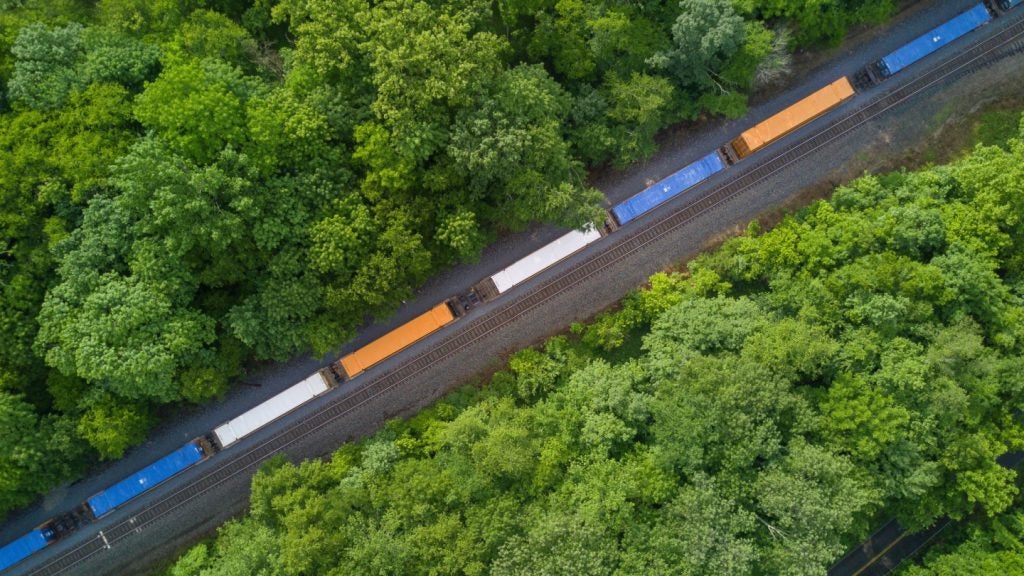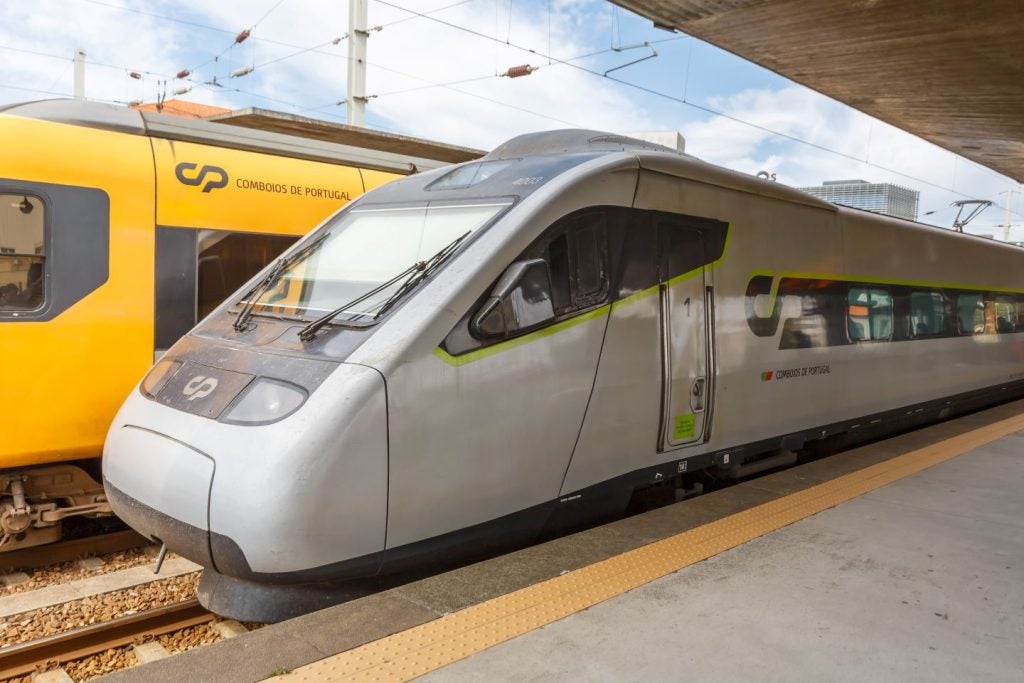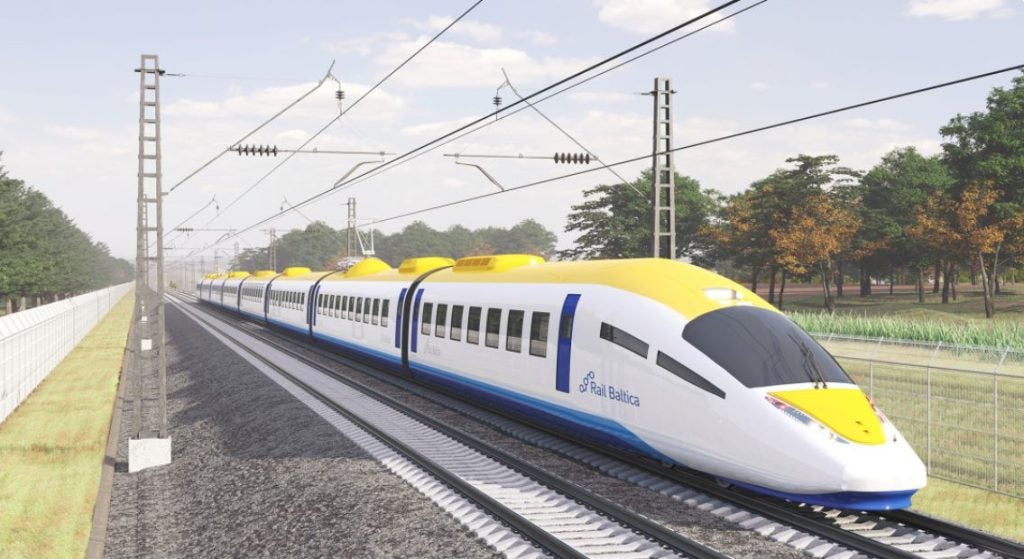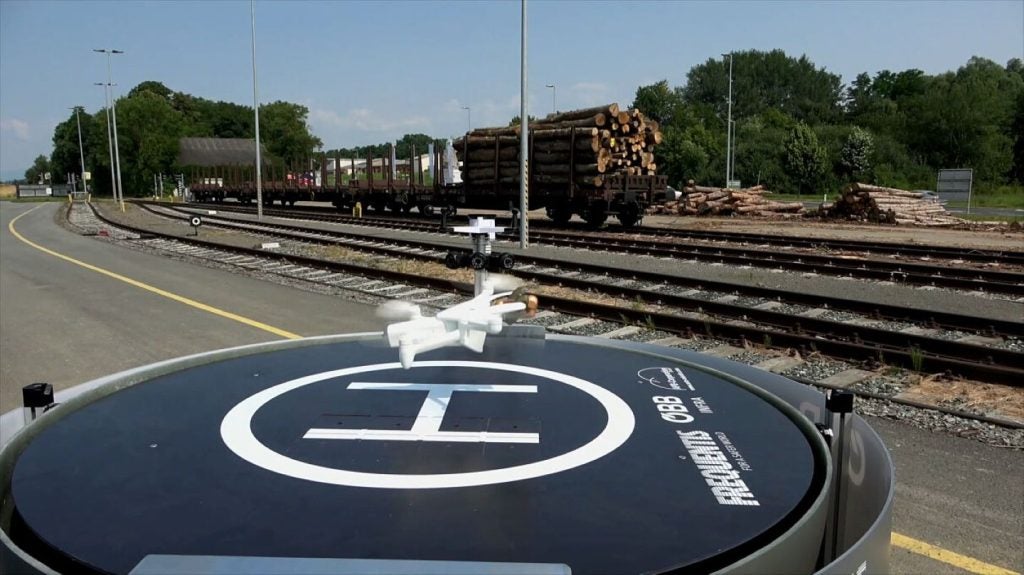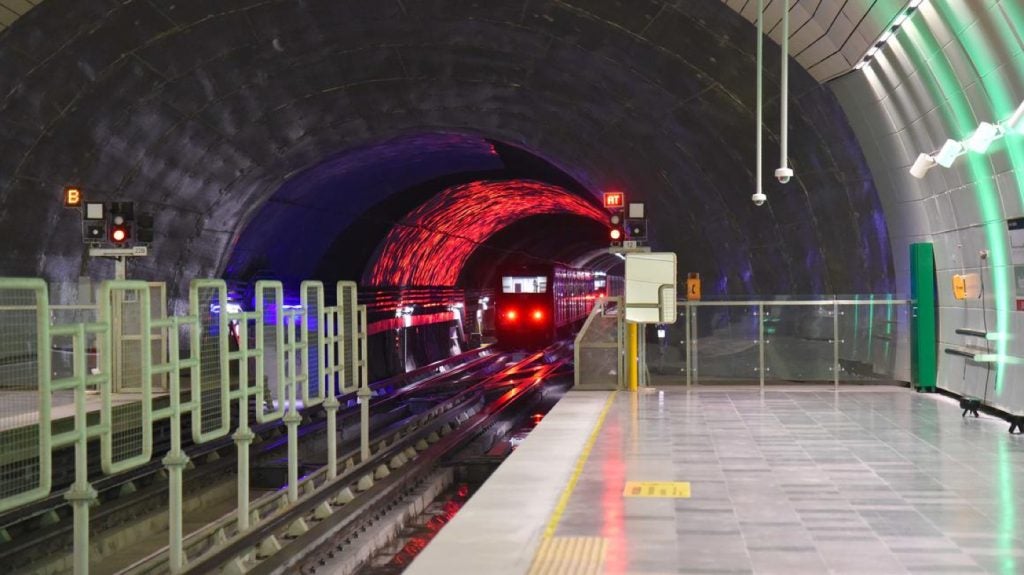Significant investment into expanding rail networks with a focus on lower income countries could save 1.8 gigatonnes of CO2 by 2050 according to a new study.
The whitepaper, titled “Bridging the rail finance gap”, has been published by Alstom in collaboration with the International Union of Railways (UIC), the University of Birmingham (UoB), and Roland Berger and says that expanding rail infrastructure by 192,000km could bring the essential emissions savings needed to reach net zero targets.
UIC Director General Francois Davenne said: “This white paper shows that economic benefits of railways are not adequately captured in financial models – it is time to level up finance and grant LICs and LMICs with the tools to advance sustainable development, without further comprising the financial health of their economies.”
Published to mark the inaugural UN World Sustainable Transport Day, the study also outlines some of the main challenges facing the growth of rail in low and lower-middle-income countries (LICs and LMICs) including the struggle to secure financing for projects.
Seven recommendations are outlined in the whitepaper to overcome this struggle including leveraging technological advancements, providing funding through grants from higher income countries, and attempting to get rail projects funded under the Paris Agreement on climate change.
Cécile Texier, vice president of corporate social responsibility and sustainability at Alstom, said the whitepaper was about aligning progress on environmental goals and on the future of mobility, she said: “This study lays out a concrete roadmap for transforming transportation through sustainable rail infrastructure.
“It clearly demonstrates how targeted investments and strategic planning in rail systems in low-income and lower middle-income countries can lead to substantial CO2 reductions and support sustainable development.”
The modal shift to rail has been an area of significant investment in many of the world’s biggest economies over the last decade, including in countries like France, which saw its rail industry publish a whitepaper on its decarbonisation ambitions earlier this year.
Alstom has also been working on promoting sustainable technology with partnerships such as its collaboration with Air Products in Poland on the use of hydrogen fuel cell-powered trains.


